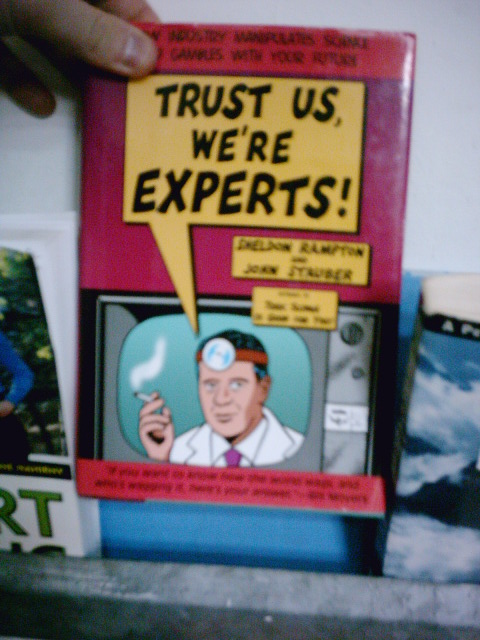Becoming a successful a sole proprietor means that you are both your own boss and your own product. To succeed is hard work
Hard work is having a clear idea of who and what you are. Hard work is networking and more listening than talking. Hard work is active and proactive research. Hard work is learning what an employer or customer is looking for and what they can afford. Hard work is remaining open to opportunities.
Oh, by the way, did I mention
hard work.
What makes it hard work?
I have experienced and heard the same comments people allude to about losing out insiders, being advised by others not to apply for a position or respond to the RFP (request for proposal or bid) because the fix was in. But I have learned that at one time whoever that "insider" might be, he/she was once an outsider. And the fix is in because someone else found another way to approach and sell the potential employer or customer. So what is the lesson? Become an insider -- volunteer, network, make physical eye contact - then ask about sending a resume. Otherwise you are one of hundreds of pieces of paper, emails or cold calls that employers or customers receive daily.
.
Have you studied the rules?
Learn the "rules" of the market you are looking to enter? For example, some jobs are advertised because the HR policies and maybe the company's funding require a public announcement of the opening. Federally funded projects generally have EEOC mandates. This does not guarantee all applicants will be treated alike. Some RFPs have specific contractual language and conditions that must be met to even qualify for consideration. Do you know what the rules are? Do you even know what game you are playing?
Reputation Counts
Often the difference between you, the outsider, and the insider is simply you are a total stranger and the insider is a known quality. It is cheaper and safer to go with the known entity than the stranger. Employers and customers are generally risk adverse. They do not like surprises. To become known is part of the hard work
Successful Selling comes from Good Marketing.
Sales is always hard work whether physical, mental or social.
If you are in sales, for example, you can make the sales calls either by spending time researching what the market is, how the product is bought and sold, and when it is bought and then identify who the buyer is -- hard work. Then you know where to go to find that potential buyer and make your pitch.
OR
You can take the phone book and start on page one and cold call every number and get many rejections --
hard work. But if you keep at it, someone will eventually talk to you and then you begin you pitch.
OR
You can write a "one kind fits all" email, circular, or brochure and blast it into the universe of some database(s) you have bought and sit back and wait...and wait....and wait --
hard frustrating work, like waiting for that girl or guy you met last night to call or return your call..
Successful Job Hunting takes a HUNTER.
Whether you are looking for a sale or a job, any of these strategies can produce a job or a sale -- eventually with LUCK. To succeed you must think like the HUNTER that you are. You must recognize that job hunting and product sales are just that -- HUNTING.
Think like a hunter and not the prey!!
Both you and your potential employer or customer are hunting for the right mix. Both of you are both the hunter and the prey. In today's buyer's market, the employer and the customer has the hunter's advantage.
Know your environment
While you were not looking, the environment has been changing. In today's world of Facebook,Google, etc, you, as prey, are visible in all of your many good and bad facets to the potential employer/customer's computer. The chances are that if you ever get past the first paper screening or Google search and before you ever get to an interview invitation or site visit, you have been subjected to computer generated background check, comparison, and evaluation.
But you will never know it anymore than the rabbit knows that the fox decided that that rabbit was not worth the chase. So, selling yourself or your product it still comes down to
hard work of learning how you are perceived in and by your environment.. Are you that rabbit?
Take responsibility because only you care whether you succeed
You may not realize it, but right now you are employed. Your are employed by yourself as the sole proprietor of your life and your business. Your job is to sell your product, talent, desire, and knowledge to a customer who is willing to pay your boss --- YOU --- for the value you offer them..
Good luck!!



















